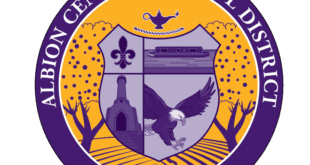Adolescent Literacy
Adolescents, who are typically students in grades 6-12, are in a phase of their lives where they face numerous changes and challenges. This period of physical, intellectual, emotional, and social growth is a time when adolescents learn to make sense of the world around them and understand their place in it. They require literacy skills to navigate this phase successfully.
The Importance of Literacy
Literacy is a critical component of adolescent development. Proficient reading, writing, speaking, and the ability to critically examine diverse perspectives are crucial to helping students find and use their voices. This helps them meet challenges in both their personal and academic lives. Without strong literacy skills, students may not be able to keep up with assignments, understand complex topics, and fully participate in discussions.
Developing Literacy Skills
Developing literacy skills requires more than simply learning to read and write. Teachers and parents need to encourage students to think critically and analyze the material they encounter. This helps them understand the context behind the words and the ideas they convey. Additionally, students need to be exposed to different kinds of texts, from informational texts to historical documents and literary works. The more exposure they have to different types of writing, the better equipped they are to understand and analyze diverse perspectives.
The Role of Teachers
Teachers play a crucial role in helping students develop strong literacy skills. They can offer support and guidance as students learn to read and write, as well as provide feedback on their assignments. Moreover, they can offer a wide range of materials and resources to help students improve their literacy skills. Teachers need to be patient and willing to adapt to each student’s unique learning style, as well as provide personalized feedback to help them improve.
Ultimately, developing strong literacy skills is vital for adolescent success. Adolescents who are proficient in reading, writing, and critical thinking are better equipped to face the challenges of the future and create a better world for themselves and others.
 Mind Uncharted Explore. Discover. Learn.
Mind Uncharted Explore. Discover. Learn.


